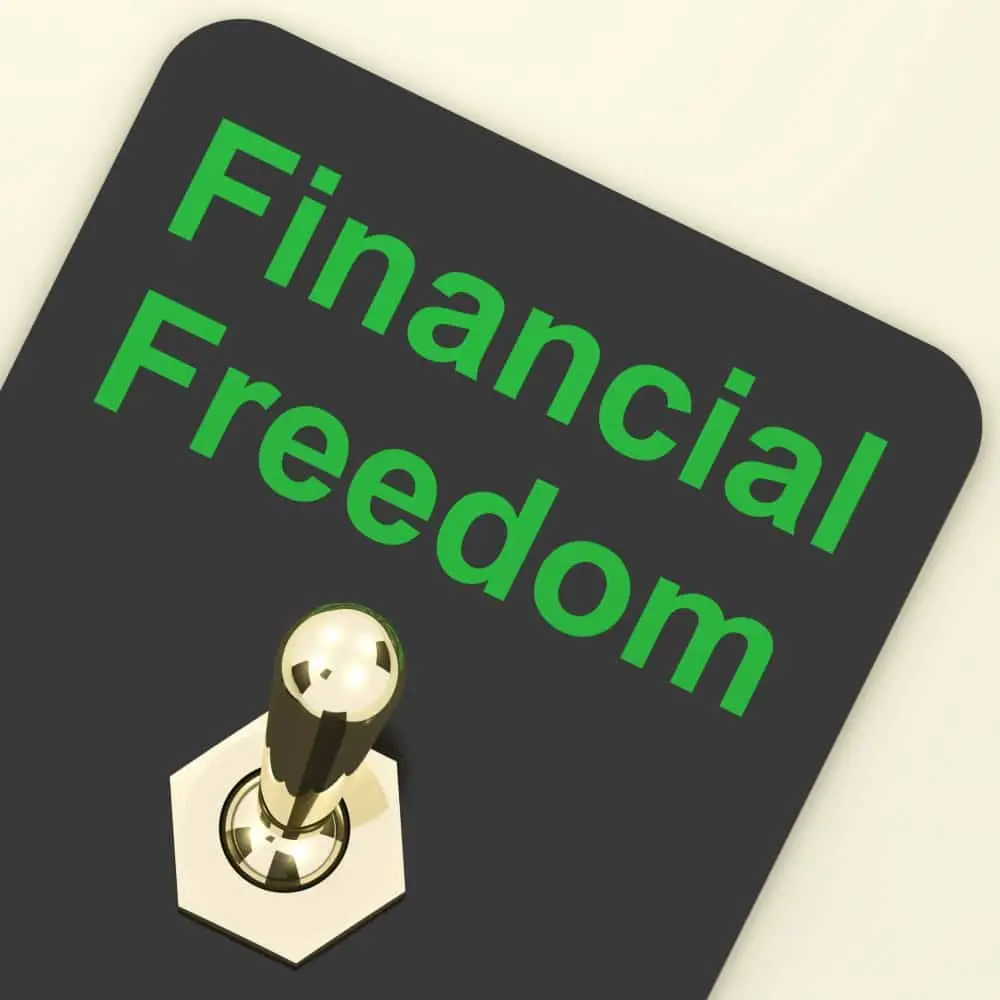Financial freedom is a goal many of us strive to achieve in our lifetime. It’s the point where your savings and investments can support your lifestyle without the need for regular employment. However, reaching this state of economic independence doesn’t happen overnight. It requires discipline, planning, and adherence to certain principles. Here are ten golden rules for achieving financial freedom.
1. Understand Your Current Financial Situation
The first step towards financial freedom is understanding where you currently stand. This involves creating a detailed inventory of your income, expenses, debts, and assets. Knowing your net worth and cash flow is crucial in planning your financial future. This awareness allows you to make informed decisions and set realistic goals.
2. Create a Budget and Stick to It
Budgeting is the cornerstone of personal finance management. It helps you control your spending, save money, and allocate resources efficiently. Your budget should reflect your financial goals and priorities, ensuring that you live within your means while still making progress towards financial independence.
3. Build an Emergency Fund
Life is unpredictable, and financial emergencies can derail your plans for financial freedom. An emergency fund acts as a financial buffer that can help you cover unexpected expenses without resorting to debt. Aim to save at least three to six months’ worth of living expenses in a readily accessible savings account.
4. Pay Off Debt
High-interest debt, especially from credit cards, can be a significant barrier to achieving financial freedom. Prioritize paying off your debts, starting with those with the highest interest rates. Consider strategies like debt consolidation or the snowball method to manage and eliminate your debt more effectively.
5. Invest Wisely
Investing is essential for growing your wealth and achieving financial freedom. Educate yourself on different investment options, such as stocks, bonds, mutual funds, and real estate. Diversify your portfolio to spread risk and consider working with a financial advisor to tailor your investment strategy to your goals and risk tolerance.
6. Maximize Your Income
While cutting expenses is important, increasing your income can have a more significant impact on your financial freedom journey. Look for opportunities to advance in your current career, consider side hustles, or explore passive income sources. Investing in yourself through education and skill development can also lead to higher earning potential.
7. Save and Invest Regularly
Consistency is key when it comes to saving and investing. Set up automatic transfers to your savings and investment accounts to make the process effortless. Treat your savings like a recurring expense to ensure you’re consistently building your wealth over time.
8. Protect Your Wealth
Insurance is an often overlooked aspect of financial planning. Ensure you have adequate health, life, and disability insurance to protect yourself and your loved ones from unforeseen financial burdens. Additionally, consider estate planning tools like wills and trusts to safeguard your assets.
9. Live Below Your Means
Adopting a frugal lifestyle doesn’t mean you have to sacrifice enjoyment. It’s about making conscious spending choices and prioritizing your financial goals over immediate gratification. Living below your means frees up more money for saving and investing, accelerating your path to financial freedom.
10. Stay Informed and Flexible
The financial world is constantly changing, and staying informed about economic trends and financial planning strategies can help you make better decisions. However, it’s also important to be flexible and willing to adjust your plan as your life circumstances and financial goals evolve.
Achieving financial freedom is a journey that requires patience, discipline, and a proactive approach to personal finance management. By following these ten golden rules, you can build a solid foundation for your financial future and work towards a life of economic independence and security.

